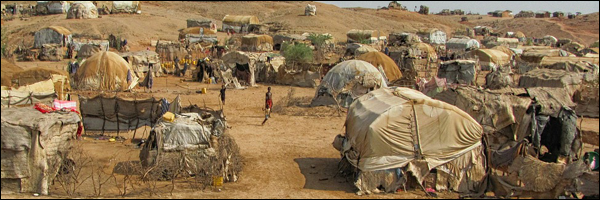One of my proudest moments as a Boy Scout came while on a winter camping trip as a guest of another troop. As one might expect, significant rivalries can exist between Scout troops, ours was no different. Each task became an attempt to show whose troop was the best. So it was that a little contest was set-up to see who could build a fire the quickest. Each of us was given one match and the charge to build a fire. The first to do it gained the glory for his troop. I should point out the little detail of there being two feet of snow on the ground, just to make it a challenge. At the shout “Go!” we each trudged through the snow and into the woods to figure out the challenge. Much to the opposing troop’s disgust ,in less than five minutes I had a raging fire going. The others had not yet even figured out how they were going to do it. It was an unprecedented trouncing of the competition. How did I do get a fire going so quickly in two feet of snow and with only one match? I can assure you I didn’t cheat in any way, but if I told you I would have to kill you. Sorry, I must maintain the pride of my troop. Why was it an important challenge? In a survival situation, the ability to build a fire can mean the difference between life and death.
In fact, for all of us, fire is life. Having a fire means the ability to stay warm when it is cold. Having a fire means the ability to safely prepare food. Around the fire, community happens. Stories are told and the legacy of generations is passed down. Even in our suburban homes, fire is still life. The fire may be a Lennox furnace, a Maytag stove, and a Kenmore microwave, but its importance to life is no less significant.
A person whose fire has gone out is in a vulnerable position. The cold night may suck their life away. The inability to prepare food puts them on the edge of starvation, because fire is life.
A few months ago, I was having a conversation with a fellow pastor. In that meeting, he shared with me an insight from an Egyptian Christian pastor that he knew. The insight pertained to a passage of scripture I never really understood. The passage comes from Romans 12 and Paul is giving instruction as to the practical realities of living as a follower of Jesus in a hostile world. Paul says to his readers, quoting Proverbs 25 “If your enemy is hungry, feed him; if he is thirsty, give him something to drink.In doing this, you will heap burning coals on his head.’ Do not be overcome by evil, but overcome evil with good” (Romans 12:20-21, NIV).
It seems that Paul has turned his own words onto their head. Is he really saying that our hospitality is an opportunity for us to heap guilt and suffering upon our enemy, as though we were pouring burning coals on their head? In effect, we serve them as a way to get back at them? While this meaning is not consistent with the surrounding verses, it certainly does seem to be the most obvious interpretation of the text. It’s an interpretation I have heard preached many times. Still it has never sat well with me as it appeared to be inconsistent with the larger context of the passage and the Bible. That was until my a recent conversation with my pastoral colleague. He shared that the Egyptian pastor said, as a middle easterner, he reads this passage differently. For him, fire is life. To heap burning coals upon your enemy’s head is to fill a jar with coals that may be taken home, carried upon the person’s head, so that they may restart their own fire. It is to give life to one whose fire has gone out. In effect Paul is saying, when your enemy has come to the edge of death and their defeat is imminent, give them life. Overcome the evil of your enemy with the goodness of life.
For millions of Syrians, their fire has gone out. They are in desperate need of someone to heap burning coals upon their heads and give them life before it slips away in the bitter night. Many Christians are tempted to look upon their suffering with fear. We wonder how many of their ranks are really members of ISIS, our enemy. Could we, by welcoming these refugees into our lives really be giving aid to our enemy and giving life to a person who, by our doing nothing, would be defeated? If our enemy’s fire has gone out, should we not let the darkness envelop them? Would this not be in the best national interest of our country?
Maybe it would be, but as citizens of the Kingdom of God, we live by a different standard of life. Our king says to us something so radical as “Love your enemies, do good to those who hate you.”
Pastor Stephen



